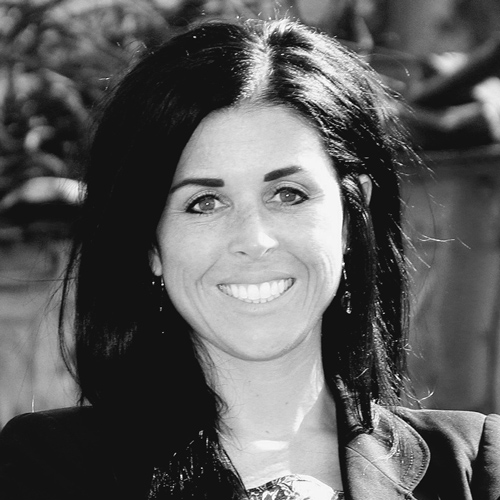The job of an attorney is quite like a firefighter’s, particularly when working on the defense side. But Candice Petty, corporate counsel at 24 Hour Fitness USA, Inc., proves that a lawyer’s best work can be in fire prevention.
Petty’s role with the 400-unit fitness club chain focuses on employment law, which is a big job, given the round-the-clock nature of the enterprise and its 20,000 employees serving four million members. On that scale, mistakes will happen in the hiring, managing, and firing of trainers, group instructors, administrative, maintenance, and sales personnel. “I advise human resources personnel on employment matters,” she says. “Together, we encourage the business to be proactive in eliminating risk and being compliant with the law.”
The legal risks in a fitness club are not unlike a grueling circuit training set: discrimination, harassment, whistle-blower retaliation, wage/compensation risks, and workers compensation claims are standard to the industry. But that’s why Petty went internal after almost a decade as outside counsel. “I came here to get ahead of the problems,” she says, explaining that outside lawyers are typically engaged after a case has been filed on behalf of a plaintiff.
Petty also notes that a false perception exists in many courts regarding fitness chains. “The notion is that the fitness industry and its employment practices are focused on youth and vitality, which can play into discrimination lawsuits,” says the self-described “gym rat” who exercises five or more times per week. “In fact, our members and employees are very diverse.”
Still, with hundreds of locations and thousands of supervisors in the company’s employ, mistakes are made. “Being in-house allows me the discretion to solve problems and drive cases as I see fit,” Petty says. “It’s much better to participate in challenging problems before they get bigger. Our managers and employees want to do the right thing, but there are many laws and regulations. They need our advice.”
As an African American woman who graduated in 2004 from Stanford Law School, Petty might seem an unlikely defender of the corporation. But she negotiated that question early in her career. “I recognized I was defending against people who looked like me,” she says. “I had to believe in my client. What’s great now is that I’m sitting at the table with decision makers. I have had the opportunity to advise our senior leadership team on large-scale compliance and legal matters. We can discuss things candidly.”
Her career climb came in part due to good mentoring and early leadership opportunities, including two years as president of the Black Women Lawyers Association of Northern California, as well as active involvement in the National Bar Association, particularly the Young Lawyers Division and the Labor and Employment Section. She was advised by senior attorneys that good lawyers should expect to “stumble many times and learn by trial-and-error,” says Petty, who pays that same idea forward in her work. “I’m able to give real-time advice to our people in the field. This is my dream job.”

